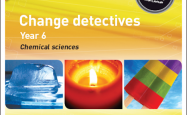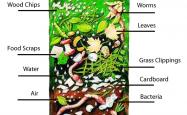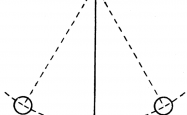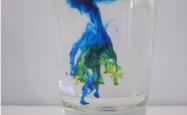Storage and disposal of deliquescent chemicals - Zinc Nitrate: Hi, My bottle of zinc nitrate has liquid in it and the bottle has expanded. It does not look right.

Storage and disposal of deliquescent chemicals - Zinc Nitrate: Hi, My bottle of zinc nitrate has liquid in it and the bottle has expanded. It does not look right.
Calcium oxide disposal: Hi. Can anyone tell me how to dispose of some very old calcium oxide. The container is all swollen and the date on the bottle is Dec 1988.
Litmus Paper: The Litmus paper in our lab is many years old, but has been kept dry in a dark drawer.
Disposal of old equipment: We have cupboards full of old school science laboratory equipment including: balances, models, etc. Most of the equipment hasn't been touched in over 10 years.

This unit of work investigates physical and chemical changes.

This online resource illustrates teaching practice using the concepts involved with compost.

This online resource covers energy transformation and conservation.

This online resource demonstrates various learning programs for teaching the practical aspects of chemistry to younger students.
Bunsen Burners: What are the gas tubing and other connection specifications, including ma

Updated September 2016
This Standard Operating Procedure (SOP) contains a detailed method for how to perform a rat dissection.